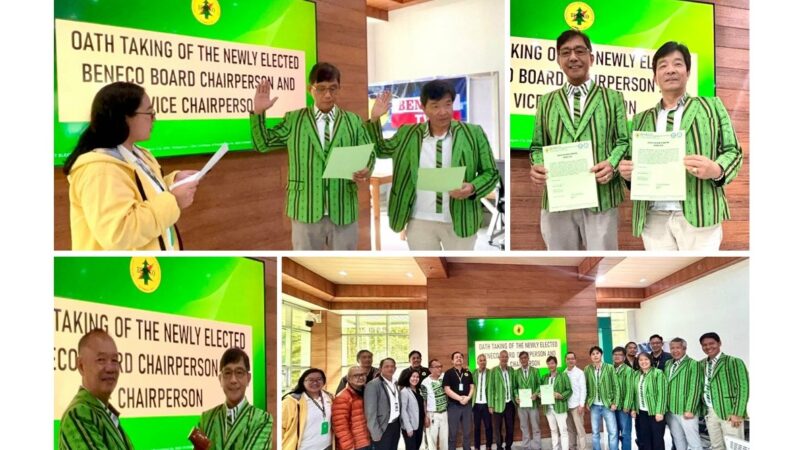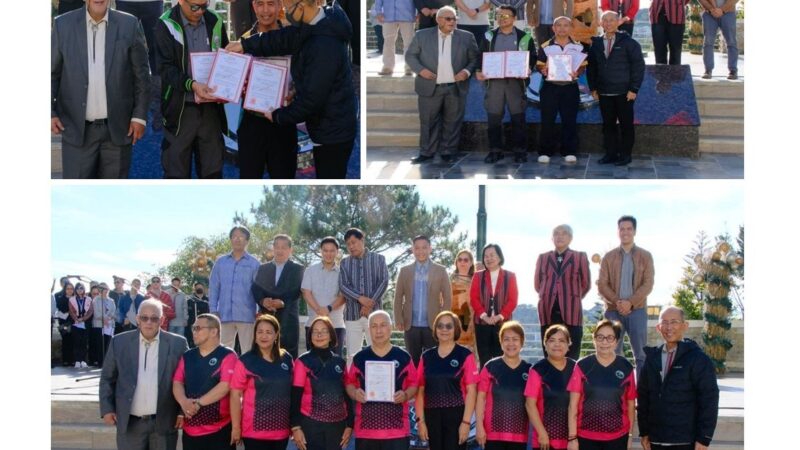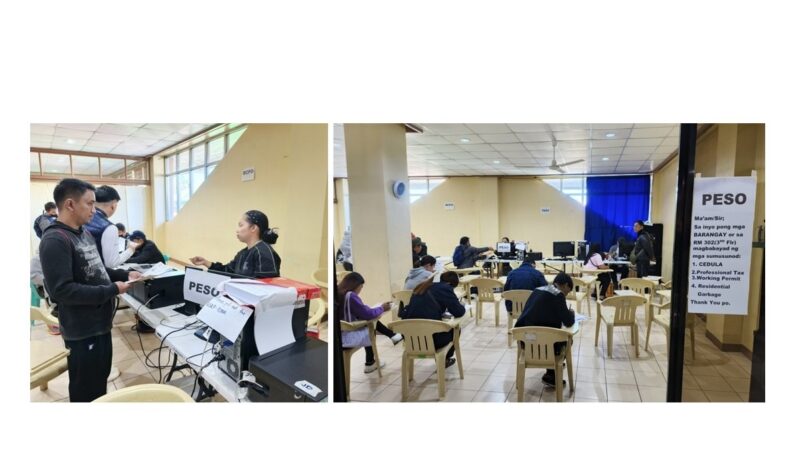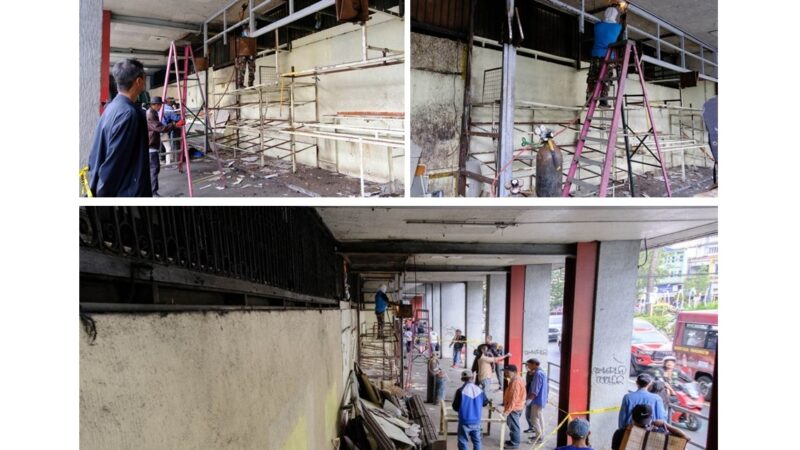Solon welcomes inputs to bill segregating 13 CJH barangays

Rep. Mark Go said that he is open to suggestions and recommendations from concerned sectors to further strengthen the pertinent provisions of House Bill (HB) 9428 that seeks to segregate the city’s thirteen barangays from the Camp John hay (CJH) reservation.
He claimed that the House of Representatives has its own process in the filing of bills that include the conduct of public hearings and consultations with concerned stakeholders. That is why it would be unfair and unjust for some respected personalities to conclude that the filing of HB 9428 was done without the proper consultation with the affected sectors.
Congressman Go pointed out that there was prior consultations with the punong barangays of the 13 barangays before the filing of the bill and that there will be more consultations that will be conducted by the House committee on natural resources purposely to elicit inputs from concerned sectors to ascertain the final contents of the proposed law that will be crafted for the said purpose.
According to him, all parties involved in the segregation of the 13 barangays should be treated as partners of the local government for the realization of the 10 conditionalities that had been imposed for the development of the John Hay Special Economic Zone, thus, the said partners should be fairly and equitably treated, especially by city officials and employees, as the overall objective is to ensure the segregation of the 13 barangays from the CJH reservation.
One of the 19 conditions imposed by the local government for the development of CJH as enshrined under the pertinent provisions of Resolution No. 362, series of 1994 is the segregation of the 14 barangays from the CJH reservation. In 2001, Scout Barrio was segregated from the reservation while some 39 residents of Hillside barangay were able to receive their certificate of recognition from the State-owned Bases Conversion and Development Authority (BCDA) which will allow them to pay for the lands that they have occupied through the past several decades.
Congressman Go clarified that on the issue being raised where the proceeds of the sale of the lands will accrue to BCDA, he is willing to work out a possible sharing scheme that will be incorporated in the bill where the proceeds of the sale of the lands that will be paid by the actual occupants will be equitably shared by BCDA, the local government and the Department of Environment and Natural Resources (DENR) being the custodian of lands in the country.
The lawmaker vehemently belied earlier allegations of some city officials that he is lawyering for BCDA, saying that public and private entities that have a stake in the segregation process should be treated as partners of the local government in the realization of the segregation of the barangays from the CJH reservation and not as enemies because the same co-exists with each other.
However, he explained that on the inclusion of a provision respecting the rights of indigenous peoples (IPs) over their ancestral domain, there is a need to await the decision of the Supreme Court (SC) on the pending case filed by the BCDA in relation to the same covering the said issue, particularly the declaration of barangay Happy Hallow as an ancestral domain of the Ibaloi tribe in the city. – Dexter A. See






